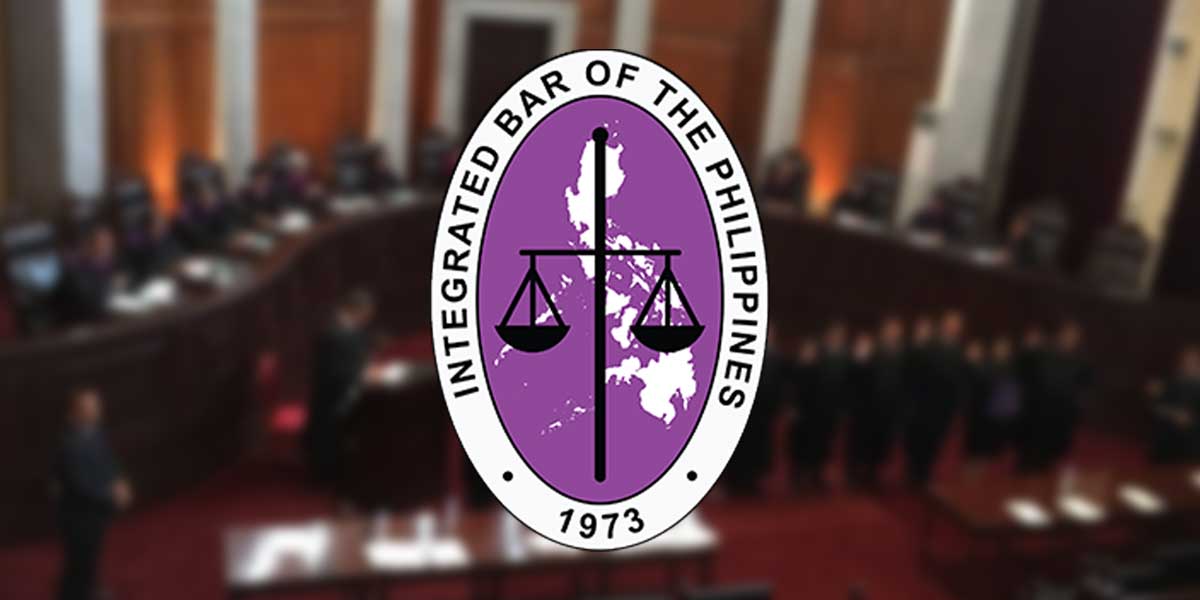 By Fr. Roy Cimagala
By Fr. Roy Cimagala
WE need to realize that it is Christ who ultimately gives the real meaning and purpose of our laws. We have to disabuse ourselves from the thought that our laws can be based only on our common sense, or on our own estimation of what is good and evil according to the values of practicality, convenience, etc., or on our traditions and culture, etc.
While these things have their legitimate role to play in our legal and judicial systems, we have to understand that they cannot be the primary and ultimate bases. It should be God, his laws and ways that should animate the way we make laws as well as the way we apply and live them. After all, being the Creator of all things, he is the one who establishes what is truly good and evil.
And the will, laws and ways of God are revealed to us in full by Christ. That is why at one point Christ said to the Pharisees and scribes regarding the proper interpretation of the Sabbath law that “the Sabbath was made for man, not man for the Sabbath. So the Son of Man (Christ) is Lord even of the Sabbath.” (Mk 2,27-28)
So it is Christ who can guide us as to the content and intent of our laws. He is the one who can interpret our laws properly. He is the one that would give our laws their proper spirit, which in the end is the spirit of charity that summarizes and perfects all virtues and values.
Without Christ, our laws would unavoidably become rigid and harsh in certain instances. They would tend to absolutize certain things that actually should only have relative value. They would hardly recognize their limits, and so would find it hard to accept exceptions.
Without Christ, our laws would only lead us to the path of self-righteousness that will always be accompanied by the ways of hypocrisy. They can tend to rationalize things that actually are against God’s laws and our own objective good.
We need to openly acknowledge the necessity of putting Christ into our laws—into their making, application and interpretation. At the moment, there seems to be a certain hesitation, awkwardness and even resistance on the part of many law-making bodies in the world, even among the so-called Christian countries.
Often underlying this hesitation, awkwardness and even resistance of the role of Christ in our legal system is the badly-understood principle of the separation of Church-and-state that puts a preventive bracket on God, on Christ, in the making, application and interpretation of our laws.
This attitude is what may be described as legal positivism that places the ultimate source of our laws on some government entity or political institution, or even on some philosophy and ideology alone.
Such attitude, of course, can already give a lot of good, but it is also vulnerable to many errors and abuses, depending on the people behind those government entities, philosophies or ideologies. This is where we have to be most careful, since we always tend to be contented with what legal positivism can already give us, preventing us to go any further.
To clarify and make the necessary corrections in this issue is definitely not easy, but it has to be started and kept going through a sustained effort to give the appropriate education and formation to everyone in this regard.
Email: roycimagala@gmail.com























